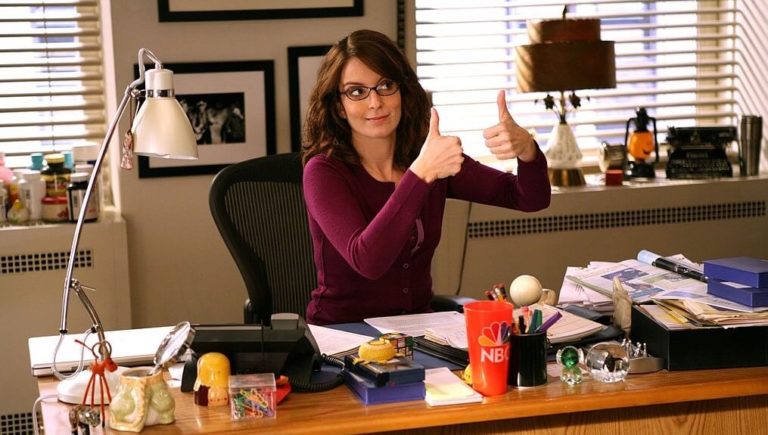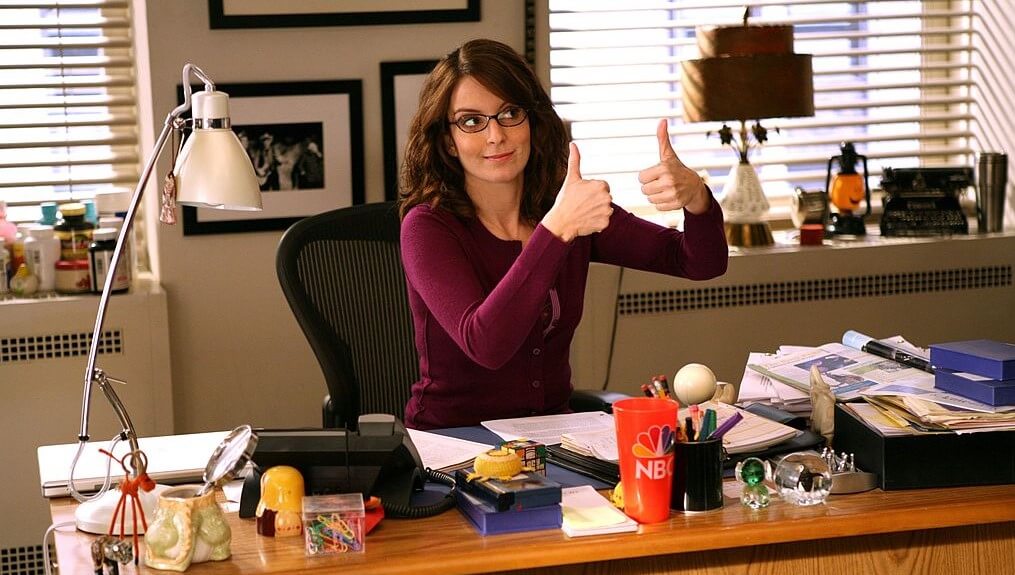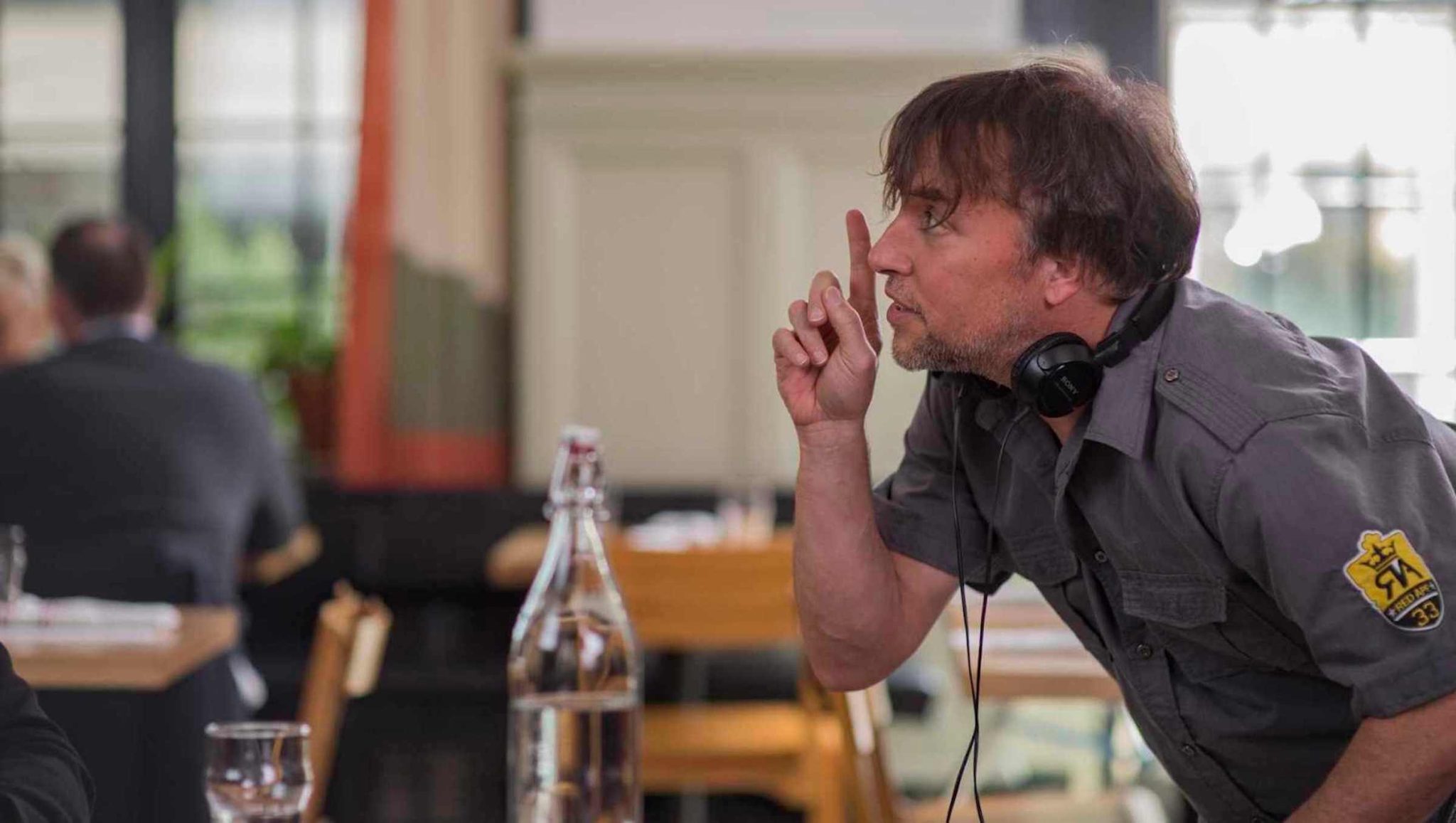
What are the best Tina Fey quotes on writing and what can screenwriters learn from her wise words?
1. "Don't be too precious or attached to anything you write. Let things be malleable."
Film and television are collaborative mediums — it only starts with the screenwriting. As a screenwriter, you have to be ready, willing, and able to hand your work over to producers, development executives, and directors. And know that the notes they give you are predominantly about what they need to be changed from a production end.
You can certainly plead your case, but try to choose your battles wisely. In the end, it's a collaborative medium. You're going to have to get used to handing over the work and seeing it change.
2. "Your characters should be as smart as you are, if not smarter."
For audiences, there's nothing worse than seeing characters make dumb choices. We tolerate it in horror movies, but the best horror movies involve characters that are smart. Their choices may not always pan out, but at least audiences aren't forced to groan over countless bad choices.
Make your characters just as smart as you, if not smarter. The audience will thank you for a much better cinematic experience.
Have a great comedic script in your drawer? Get it read by entering the industry's #1 Comedy Screenplay Competition!
3. "You have to try your hardest to be at the top of your game and improve every joke you can until the last possible second, and then you have to let it go. You can't be that kid standing at the top of the waterslide, overthinking it...You have to let people see what you wrote."
Too many screenwriters are afraid to show their work. You can't be a screenwriter and not release your scripts out onto the world. And when you do, you can't be too precious about your writing.
Just do your best to make it the best possible draft that you can before you release it to anyone. At least then you can sleep at night knowing that you did your best. And if people don't like it or aren't responding to it, then see if their notes and feedback make any sense. If they don't, then understand that it's a subjective opinion. Keep moving forward. Just make sure that you're not putting your work on a pedestal.
It's not always perfect — it rarely is. Take feedback into account, consider it, and leave anything that you feel doesn't apply behind.
4. "[Television] is a great medium for writers because there's just no time for a studio to interfere very long. You write it, you shoot it; it's on TV."
Television writing and feature writing are two very different platforms, experiences, and lifestyles. Television writing is compelling because, as Tina says, there's less interference because the process moves so fast.
You're in a writers room, you break the story, you problem-solve and brainstorm, someone is assigned to write the final script for production, and then it's shot and soon released without any real interference from development executives, executive producers, etc.
But remember that you have to live in Los Angeles — or wherever the writers room of a show is based (most of them are in L.A.).
5. "I like to write about women, not so much about the way they relate to men, but about the way they relate to each other."
It's an amazing time for female characters in cinema and television. When you're writing them, make sure that those characters don't simply exist because of their relation to male characters and their plots. Female characters are finally being recognized for their own voices and experiences, and executives are finally starting to understand the power of great female characters. Don't miss out on your chance to benefit from it.
Ken Miyamoto has worked in the film industry for nearly two decades, most notably as a studio liaison for Sony Studios and then as a script reader and story analyst for Sony Pictures. He has many studio meetings under his belt as a produced screenwriter, meeting with the likes of Sony, Dreamworks, Universal, Disney, Warner Brothers, as well as many production and management companies. He has had a previous development deal with Lionsgate, as well as multiple writing assignments, including the produced miniseries Blackout, starring Anne Heche, Sean Patrick Flanery, Billy Zane, James Brolin, Haylie Duff, Brian Bloom, Eric La Salle, and Bruce Boxleitner. Follow Ken on Twitter @KenMovies
NBC Photo: Jessica Miglio via Getty Images
For all the latest ScreenCraft news and updates, follow us on Twitter, Facebook, and Instagram.
Tags
Get Our Screenwriting Newsletter!
Get weekly writing inspiration delivered to your inbox - including industry news, popular articles, and more!



























